TABLE OF CONTENTS
Growing cannabis legally and starting a business are attractive pursuits for many who want to follow their dreams and make their mark in the nation’s fastest-growing industry.
As the cannabis industry evolves, it is becoming increasingly difficult to obtain a cannabis license, let alone stand out from the competition. Passion for cultivating the plant is not enough. Nowadays, you need grit and a carefully-planned strategy to become a licensed grower.
Our career guide on becoming a legal cannabis grower takes you through all the ways you can go to make your dream come true. Whether you want to join an existing company or start one from scratch, we will show you how you can have a fighting chance at entering this exciting and rewarding industry.
How to Become a Licensed Legal Cannabis Grower
Due to federal laws, cannabis is not legal on a nationwide level. On the state level, most states have passed some form of cannabis legalization, while others still prohibit its possession, use, cultivation, and sale.
To complicate matters, each state has its own set of marijuana laws regulating the cannabis industry. In addition, some states allow cities and towns to restrict commercial cannabis activity within its jurisdiction.
For these reasons, the road to becoming a licensed cannabis grower depends on a variety of factors, including your state and local laws. If you want to become a licensed marijuana grower, there two main ways you can do so:
- Start your own business
- Join an established business
Start a Cannabis Cultivation Business
Those who are successful in winning a marijuana cultivation license need to learn more about approaching it as a business and not just a fun activity—regardless of the talent they may have.
The world of legal marijuana is becoming increasingly competitive, so aspiring growers must plan carefully to set themselves apart from the growing crowd of people pursuing the same goal, especially multi-state operators with a wealth of resources.
Join an Established Cultivation Business
Another option for those who want to become a legal cannabis grower—and a much easier goal to attain that requires less financial investment—is gaining employment with a legal grow already in production. Many cultivation companies are hiring if you meet their hiring prerequisites.
Obtaining a Cultivation License to Become a Legal Cannabis Grower
To become a legal cannabis grower you must understand the ever-changing laws of your state and city. Then, work with and around these regulations to differentiate yourself from other license-seekers. Accommodating every requirement of the licensing board is mandatory to obtain a license.
Here are a few things you can do to obtain a cultivation permit and succeed as a legal cannabis grower:
Hire the Right Team
Line up a highly competent team. Your team should have at least one person with several years of proven commercial cultivation experience, not necessarily with cannabis but in any other commercial growing endeavor, whether it be ornamental flowers, fruits, or vegetables, preferably with a college degree in botany,horticulture, or related field. This will be your head grower, also known as a master grower.
A good basement grower won’t cut the mustard—they’re a dime a dozen in this industry. Not to discount the knowledge and skill obtained through basement growing because it does have value, but growing for yourself and growing for a commercial market on a massive scale are two entirely different things.
Other important employees in your cannabis cultivation team include the following:
- Trimmer
- Quality control specialist
- Assistant grower
- Post-harvest manager
- System control specialist
- Director of operations
A solid plan with standard operating procedures for planting, cloning, transplanting, feeding, watering, pest and disease control, defoliation, harvesting, drying, curing, and myriad other cultivation activities must be in place.
Your floorplan and facility design must be exemplary and state-of-the-art environmental control is a must. All of this can be accomplished with the right team of cultivation experts in place.
Create a Business Plan
Develop a business plan. Besides having a thorough and highly detailed business plan in place, retain the services of consultants and a lawyer, since they will have experience in helping cannabis businesses navigate the state’s unique regulations.
Legal marijuana cultivation is not all bong hits and giggles—it’s an extremely competitive, regulated, and scrutinized industry.
Consider the following factors when developing your cultivation facility’s business plan:
- Security plan
- Compliance training
- Waste disposal
- Facility map
- Transportation
- Packaging and labeling
- Tracking System
Obtain Funding
When starting a cannabis business, you must realize that you will need to pay for your highly competent staff, plus consider the wide range of ongoing costs necessary to keep the operation running.
Do you have the necessary financial resources? Your consultants can help you identify all your needs and what they will cost so you can obtain the necessary seed capital (pun intended) to allow your business to sprout and grow. Cash flow is vital, so don’t come up short.
Currently, financial institutions cannot lend money to cannabis businesses because cannabis is prohibited on a federal level. For the most part, entrepreneurs must seek funding from a variety of private investors to overcome the lack of funding from traditional financing institutions.
Consider venture-capital, angel investors, private lenders, and private equity funding to meet your financial goals.
Remain Compliant with State and Local Regulations
Stay abreast of changing laws and regulations in your state and city or town. In many ways, the cannabis industry is still evolving in an effort to meet and address variables that continue to emerge.
Knowing your state and local laws can help you have a better chance of getting approved for a cultivation permit by your state's licensing agency and remaining compliant with its regulations thereafter.
Become familiar with key individuals in your local municipality as well as on the state level. Recognizing the key players and decision-makers in your state will help you during the license application process. If the word compliance doesn’t impact you on a day-to-day basis right now, it will immediately after you enter the industry.
A thorough understanding of all your state and local laws will ensure you comply with all of them and avoid getting your license application denied or revoked once you obtain it.
Choose the Right Grow Facility

Identify your specific needs for real estate, and make sure the area you intend to set up shop in is zoned for cannabis cultivation and will allow it.
Some regulations require license applicants to already have a facility in place along with proof of ownership or rental agreement.
Other regulations require cannabis businesses to be a certain distance away from schools, parks, and other protected facilities.
Be sure your business plan, license, and location account for expansion—after all, you want your business to grow. What are your initial goals for production? Doing some rough math and researching specific strains and their yield will put you in the right ballpark for space when planning your business.
Cannabis requires a lot of water and energy to flourish. Consider the utility needs (electricity, water, internet, phone) for your business and associated ongoing and renovation costs.
Will your operation rely on hydroponics or soil cultivation? Again, do the rough math and try to get as close as you can to determine ongoing costs for the necessary resources. Marijuana plants don’t take a break, so limiting their light, water, or nutrients if cash flow becomes a problem is never an option.
Apply for a Cultivation License
When aspiring to get a cultivation license and applying for one, realize that it’s a long process and will take some investing, planning, and waiting on your part. Do everything you can to make your business proposal unique and superior to those of other applicants.
You want to stand out from the crowd, not get lost in it. Properplanning to have all of your ducks in a row prior to application time will put you in the best light for attaining your cannabis cultivation license and achieving your business goals.
Once you have ensured that you have the right infrastructure in place to start seeking a cannabis business permit, you must choose the type of cultivation license you are seeking. In some states, cultivation licenses are determined by the amount of plants you intend to grow, the size of your facility, and whether you're growing indoors or outdoors.
Joining an Established Cultivation Business
Another option for getting involved in legal cannabis cultivation is to join an established company and put your skills into action. You may not reap the same financial dividends as opening your own business, but you also won’t have the operating costs and be solely responsible for compliance and emerging laws and regulations.
Here are a few factors to consider when seeking an entry-level, mid-level, or high-level cultivation position in a legal cannabis growing facility.
Prior Experience of Growing
An academic degree in the cultivation field will no doubt help your chances of gaining employment, but familiarity with the plant will be an asset if you decide to join an operation that’s already up and running. In this case, basement growing experience will help you.
You will already know the basics and will continue to expand your knowledge as it applies to a large, commercial operation.
If you don't have any direct experience growing cannabis or working in a cultivation facility, you can enroll in a cultivation program and earn certification. A strong cannabis education is not a replacement for real-world experience but it can show hiring managers that you are passionate about the industry and understand the fundamentals of cannabis cultivation.
Entry- and Mid-Level Positions
Based on your experience level, education, and the needs of the company at the time of your hire, your position could range from entry-level cultivation to more of a lead to mid-range level. Many companies promote from within and advance people who are integrated into their team and are familiar with their methods of operation.
Getting a job as an entry-level trimmer or grower assistant is a great way to start your cannabis career. Cannabis jobs in retail and manufacturing such as budtending or packaging and also be springboards to a career in cannabis cultivation.
With enough experience, you can work your way up to a supervisor role and eventually the master grower position after several years or decades of experience.
Becoming a Cannabis Breeder
Do you have any experience breeding cannabis and creating your own cultivars? If you gain employment with a cultivation business or the cultivation division of a vertically-integrated cannabis company that produces its own proprietary strains, your breeding skills could provide career opportunities in the areas of research and development (R&D).
“
There are over 300,000 jobs in the cannabis industry. CTU trained me for one of them!

Makes $24.50 @ THC +
Working with an R&D team to stabilize good cannabis crosses and create valid new strains that are consistent when grown from seed is fascinating and advances cultivation work. This could be an ambitious but realistic goal for someone entering the world of legal marijuana cultivation.
Obtaining Licensing in the Future
Working in cannabis cultivation also makes you a more likely candidate for acquiring a cultivation license at a later date if that’s your ultimate goal. Having a thorough knowledge of your craft is important. Regardless of whether you start your own business or join a pre-existing company, the future looks bright for this segment of the legal industry.
Those who own a legal cannabis company must prepare themselves for becoming proficient with cultivation as a business and not just a hobby. The financial investment is huge, the legal maze can be daunting, and the human resources required are substantial.
For an organized, competent person with the necessary drive, however, it is an absolutely attainable goal and a lucrative career choice. Getting certification from Cannabis Training University (CTU) will give you a leg up on the competition.
Online Cannabis Cultivation and Business Training
Join thousands of other students who have enrolled in Cannabis Training University. If you want to become a legal cannabis grower, CTU’s curriculum is completely online so you can learn at your own pace on your own time. At an affordable price, CTU’s online cannabis college provides the most value for the money compared to any other cannabis college.
CTU gives you 12 weeks of access to high-definition videos and e-books created by industry professionals. Course content is regularly updated to reflect the latest laws and techniques used by the pros.
Get started on your cannabis career by enrolling in the most renowned online cannabis college in the U.S. and Canada.

Luis Cordova
Luis Cordova is a distinguished author, and renowned expert in cannabis cultivation, who possesses a Master's degree in Plant Biotechnology and Pharmaceutical Science. As a valued contributor to highly esteemed publications such as Cannabis Training University and Maximum Yield Magazine, Luis has emerged as a trusted source of guidance and knowledge in the cannabis industry. Having written thousands of informative articles, Luis is widely recognized for his comprehensive expertise on cultivating cannabis, both indoors and outdoors.


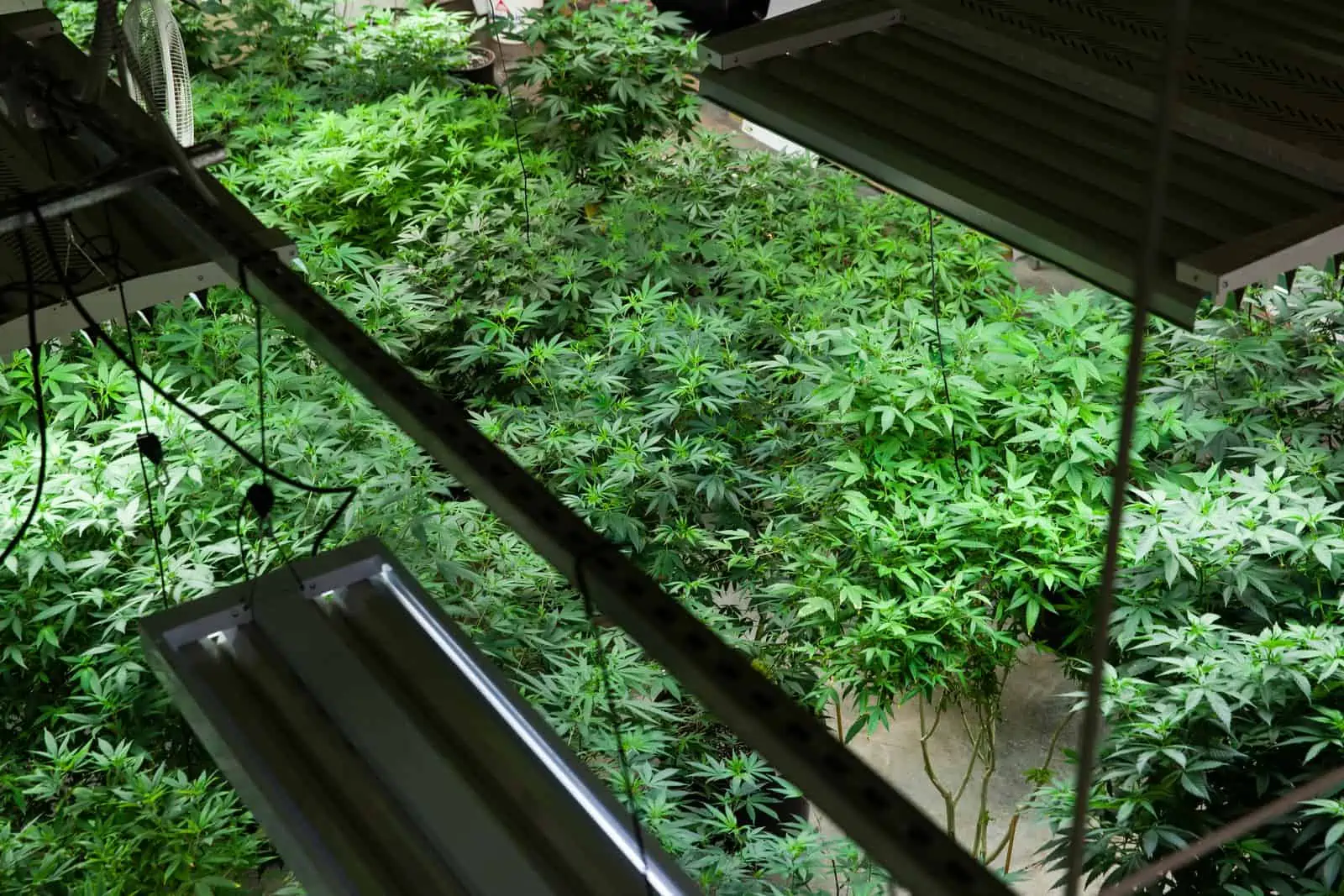



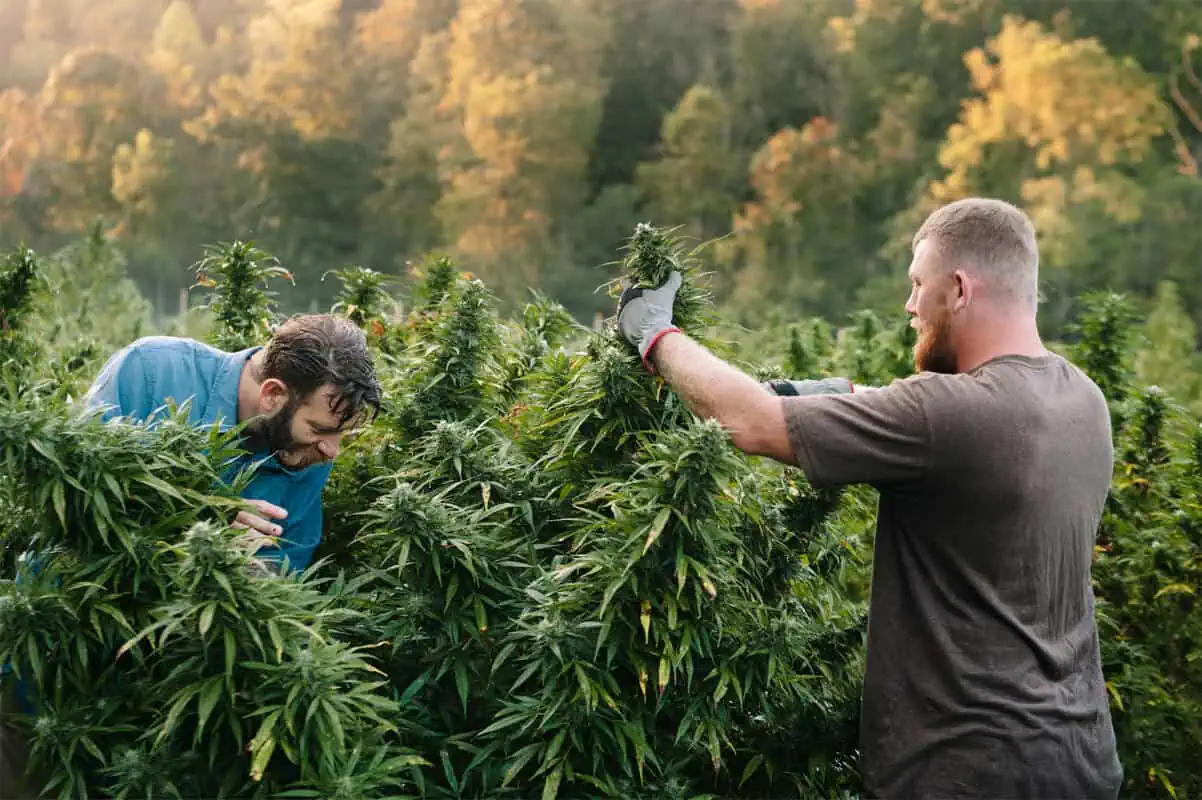

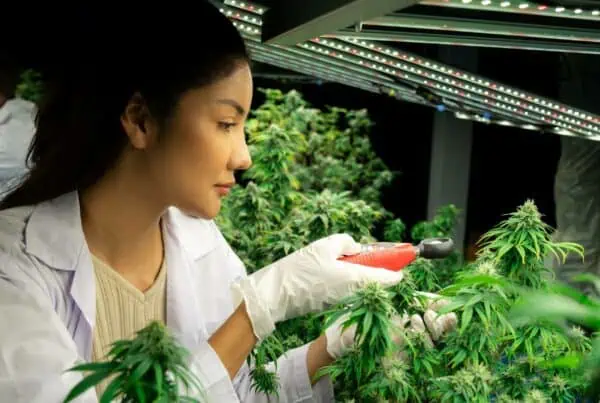
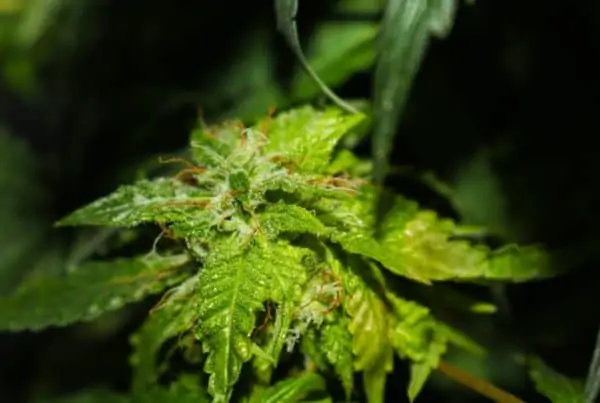
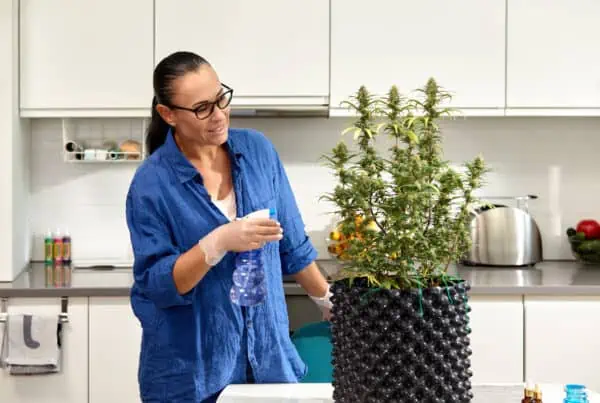

 Jeff was involved in an accident where he endured a traumatic brain injury. He had a week-long stay in ICU where brain surgeons
Jeff was involved in an accident where he endured a traumatic brain injury. He had a week-long stay in ICU where brain surgeons  100% risk free money back guarantee within 48 hours after purchase if student has not completed any of the courses or exams.
100% risk free money back guarantee within 48 hours after purchase if student has not completed any of the courses or exams.